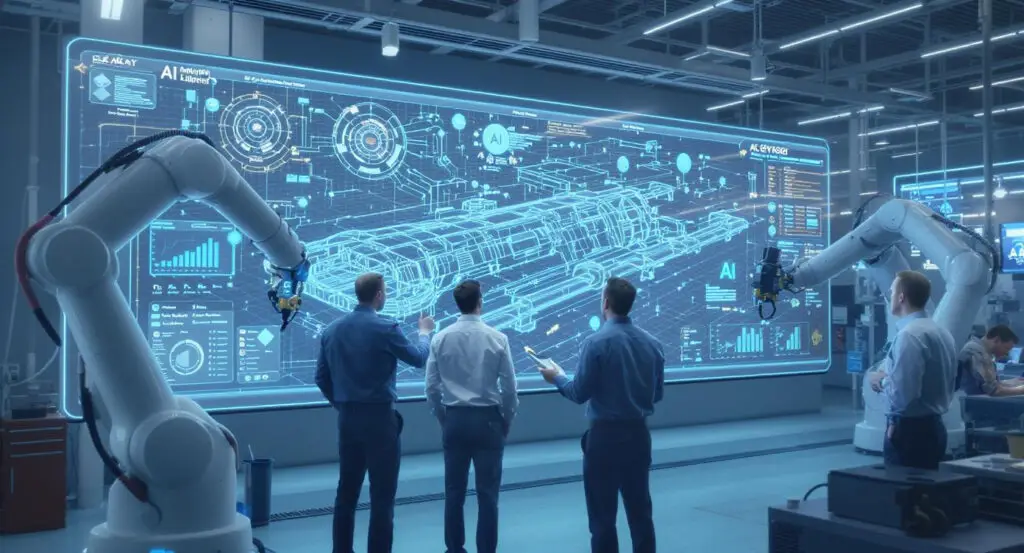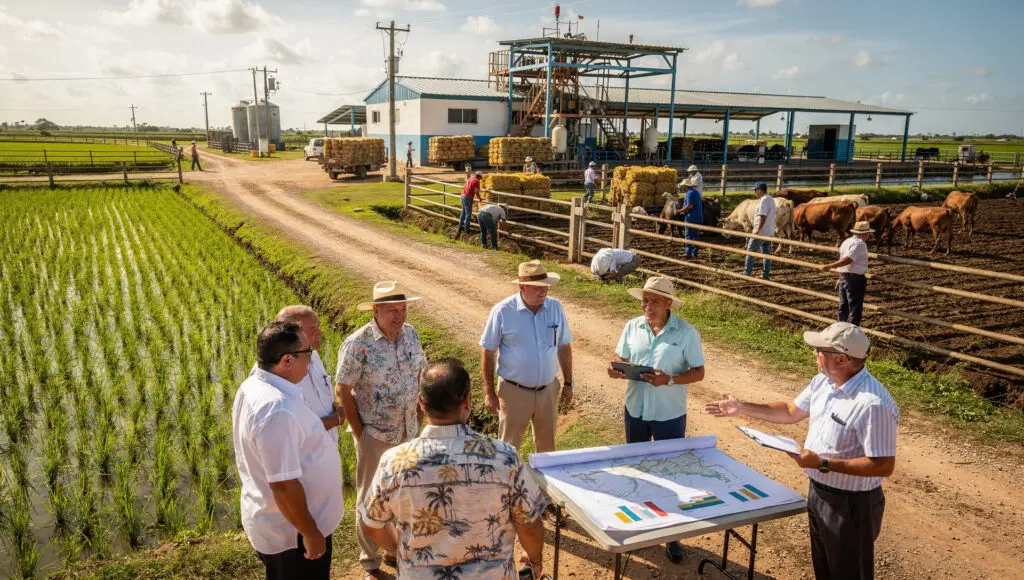In an era where digital transformation is reshaping the industrial world, Indian multinational Cyient is placing artificial intelligence (AI) at the core of a sweeping reinvention. With over three decades of engineering experience and a workforce of more than 17,000 globally, Cyient is leveraging advanced technologies AI, generative AI (GenAI), and simulation tools to bridge design, manufacturing, and service in powerful new ways.
“Our technology portfolio is designed to embed intelligence across the product, plant, and asset lifecycle,” said K. A. Prabhakaran, Senior Vice President and Chief Technology Officer at Cyient. “We are using AI to accelerate design cycles, optimise manufacturing, increase supply chain visibility, and drive predictive maintenance and aftermarket intelligence.”
Transforming Engineering Across Industries
Cyient’s approach goes beyond digitalisation; it is redefining how industries operate. From aerospace and railways to telecom, energy, and healthcare, the company’s AI-infused platforms are delivering tangible results: faster product development, greater equipment uptime, and smarter customer service.
A standout example is Cyient’s Plant Advisor tool, which has achieved a 67 percent accuracy rate in recommending operational efficiency improvements. This level of insight underscores how deeply AI can impact traditional industrial settings, translating analytics into actionable value.
In the telecommunications sector, Cyient’s tools automate network planning and fibre deployments. In healthcare, the company’s proprietary CyNet platform assists in foetal diagnostics, providing increased precision through AI. GenAI-powered contextual assistants also enhance service quality by enabling advanced diagnostics and support.
Building a Culture of Continuous Innovation
Driving this transformation is a deeply embedded culture of learning and innovation. “We’ve trained over 5,000 associates in AI, cloud, and platform technologies,” Prabhakaran noted. “Our Centres of Excellence, especially the GenAI CoE, serve as catalysts for continuous innovation.”
Strategic partnerships are key to Cyient’s forward momentum. A notable collaboration with Microsoft under the ‘EnGeneer’ initiative is focused on AI-led automation of engineering lifecycles. These efforts are further reinforced by engagements with industry analysts and customers, ensuring Cyient’s offerings remain aligned with evolving market needs.
AI Integration: Opportunity and Challenge
While the promise of AI is vast, its integration into traditional engineering ecosystems, particularly in highly regulated sectors like aerospace and healthcare, is no simple task.
“The biggest challenge isn’t just deploying AI; it’s embedding it into complex workflows while ensuring compliance, traceability, and IP protection,” Prabhakaran explained.
To overcome this, Cyient has built a comprehensive governance framework that includes human-in-the-loop systems, secure modular deployments, and domain-specific validation gates. These mechanisms allow Cyient to maintain the precision and trustworthiness required in critical applications while scaling AI deployment across sectors.
“It’s this precision and rigour that makes our AI trustworthy and acts as a natural barrier to entry for others,” Prabhakaran said.
A Trusted Name in Intelligent Engineering
Since its founding in 1991, Cyient has built a reputation for combining deep domain knowledge with cutting-edge digital tools. As industries grapple with increasingly blurred lines between design, production, and service, Cyient’s AI-driven solutions are proving vital.
Whether it’s shortening time-to-market for aerospace components, enhancing diagnostic capabilities in healthcare, or enabling smarter city infrastructure, Cyient is helping define what intelligent engineering looks like in a data-driven age.
With GenAI, cloud capabilities, and automation reshaping how businesses operate, Cyient is not only keeping pace it’s setting the standard. Through a mix of strategic vision, technical depth, and relentless innovation, the company is engineering a future where AI isn’t just a buzzword but a core enabler of real-world outcomes.























